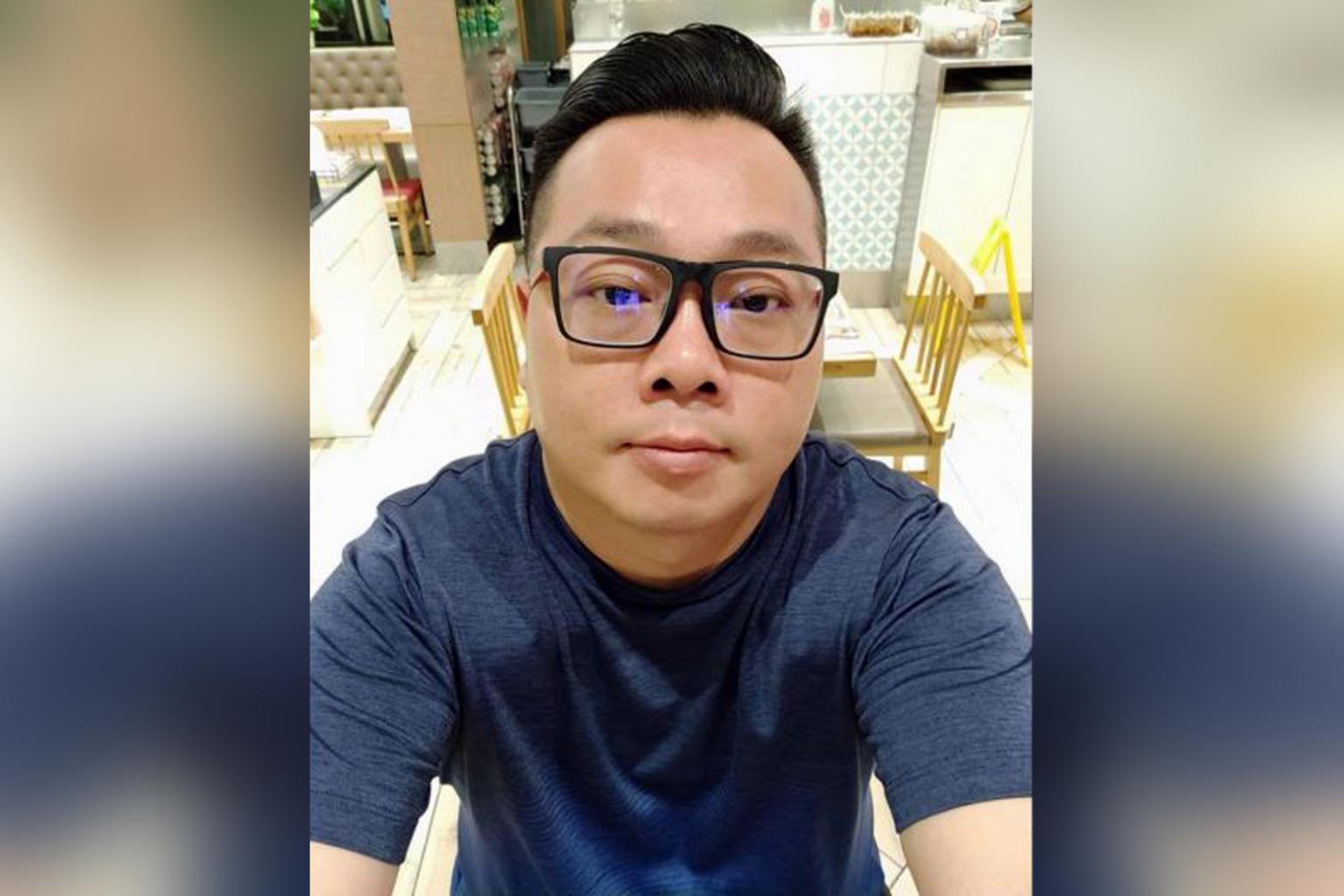S'porean admits to being spy: Making of a Chinese agent
Sign up now: Get ST's newsletters delivered to your inbox

Dickson Yeo had pleaded guilty to one count of acting within the United States as an illegal foreign agent.
PHOTO: DICKSON YEO/FACEBOOK
Dickson Yeo spent almost five years working at the behest of Chinese intelligence operatives to obtain valuable information from the United States.
He was recruited when, as a PhD student in the Lee Kuan Yew School of Public Policy, he went on a trip to Beijing to give a presentation on South-east Asia politics, court documents showed.
After the presentation, he was approached and recruited by individuals who said they represented China-based think-tanks and offered him money in exchange for political reports and information.
Yeo came to understand that at least four of them were Chinese intelligence operatives, one of whom eventually asked him to sign a contract with China's People's Liberation Army.
Although Yeo refused to sign the contract, he continued to work for the Chinese operatives.
They told him that they wanted non-public information which they called "scuttlebutt", a slang term for rumours and gossip.
Their assignments focused on South-east Asia at first, but over time, shifted to focus on the US.
Over the next few years, Yeo met his Chinese handlers as many as 25 times in various locations across China.
Whenever he travelled to China for these meetings, he was regularly taken out of the Customs line and brought to a separate office for admission into the country, said the court documents.
When he brought this up with one of the operatives, he was told that they wanted to conceal his identity when he travelled into China.
FROM RECRUITED TO RECRUITER
Yeo's modus operandi was to trawl a professional networking website for people with resumes and job descriptions suggesting that they could have access to the sensitive information the Chinese were looking for.
After he contacted some potential targets, the website began to suggest additional potential contacts.
Yeo found the website's algorithm "relentless", checking almost every day to review the fresh batches of potential contacts.
He told US law enforcement officers it felt "almost like an addiction", said the court papers.
He looked out for susceptible individuals who were vulnerable to recruitment, and tried to avoid detection by the American authorities, the Federal Bureau of Investigation's counterintelligence assistant director, Mr Alan Kohler Jr, said in a statement.
Yeo was taught by his Chinese handlers to ask whether his targets were dissatisfied with work, were having financial troubles, or had children to support, for instance.
In one case, Yeo recruited a civilian working with the US Air Force on the F-35B fighter jet programme, who confided in him his financial troubles, and got information about the geopolitical implications of the Japanese purchasing F-35 aircraft from the US.
In another case, Yeo built a good rapport with an officer in the US army who had sent his resume to him in response to his fake job listings.
The officer said he was traumatised by his military tours in Afghanistan and wrote a report for Yeo on how the withdrawal of US troops from Afghanistan would impact China.
A third case involved a US State Department employee, who wrote a report about an unnamed individual who was at the time a member of the US Cabinet.
The State Department employee told Yeo he feared that his retirement pension would be jeopardised if officials found out that he provided information to Yeo.
Yeo paid US$1,000 (S$1,400) to US$2,000 each for the reports, and was given a bank card by his Chinese handlers to pay for them, said the court documents.
He was careful about his communications with the Chinese operatives and was instructed not to take his phone and notebooks when travelling to the US.
He was told not to communicate with them when in the US for fear that the US government would intercept their messages. When outside the US, he communicated with his Chinese handlers through the Chinese messaging application WeChat, and was told to use multiple phones and to change his WeChat account every time he did so.
FROM RECRUITMENT TO ARREST
2015
Dickson Yeo, who is enrolled as a PhD student at the Lee Kuan Yew School of Public Policy, travels to Beijing to give a presentation on South-east Asia politics. There, he gets recruited by Chinese intelligence operatives.
2015
Yeo uses a professional networking website to contact and recruit a civilian working with the US Air Force on the F-35 fighter jet programme. The civilian writes a report for Yeo and gives him information on the geopolitical implications of Japan purchasing F-35 aircraft from the US.
2018
Yeo creates a fake consulting company to harvest resumes from US military and government employees with access to sensitive information.
BETWEEN 2018 TO 2019:
Yeo recruits a US State Department employee and pays him to write a report about an unnamed member of the US Cabinet.
JANUARY TO JULY 2019
He moves to Washington DC to network with people and try to recruit them. His LinkedIn profile lists him as a doctoral fellow at the George Washington University during this time.
NOVEMBER 2019
Yeo returns to the US to ask a US Army officer working at the Pentagon to provide classified information. He is stopped and arrested after landing at the airport.
JULY 24, 2020
Yeo pleads guilty to one charge of acting within the U S as an illegal agent of a foreign power.
OCT 9, 2020
Yeo's sentencing hearing is scheduled.


